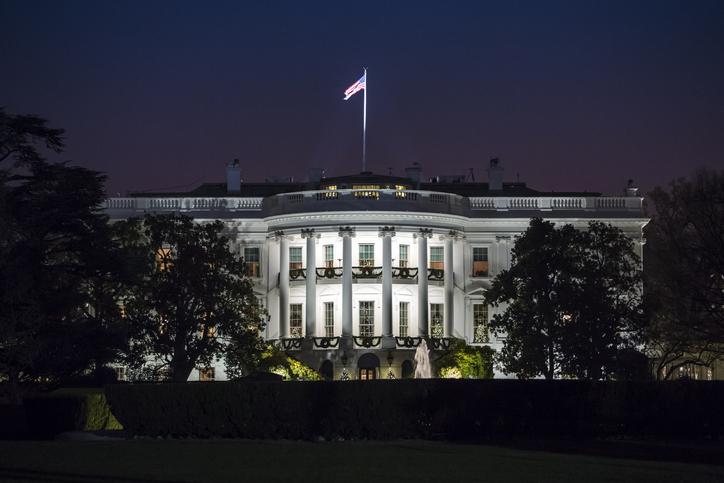Today, the amount of student loan debt owed by Americans stands at over $1.5 trillion – and it’s constantly trending upward. While the government has attempted to solve this problem through financial aid and various policies, students graduating today have taken on more debt than ever. With that, the federal government is wondering if they can do more to curb the issue of student loan debt.
This week, according to CNN, the Trump Administration announced its proposals for updating the Higher Education Act, which includes capping the amount students and their parents can borrow in order to pay for school. Currently, a student can borrow as much as $57,500 over their lifetime, but parents can borrow an unlimited amount of funds to help pay for their child’s undergraduate and graduate education.
In addition to setting loan limits, Forbes reports that the administration urged Congress to require financial aid administrators to provide student loan management as well as regular financial aid counseling for students and their parents.
The Trump administration didn’t stop there, though. They outlined the following suggested changes as well, as stated in a White House press release:
• Simplify student loan repayment with one repayment plan and student loan forgiveness for all borrowers.
• Accredit institutions to focus on student outcomes.
• Allow for educational innovation to better meet the academic needs and anticipated career outcomes for nontraditional students.
• Expand Pell Grants to fund apprenticeships, internships and certification to provide work-based learning opportunities that accelerate individuals into well-paying, high-demand jobs faster than a two-year or four-degree education.
• Increase institutional accountability so that they share in the financial responsibility of successful student outcomes and student loan repayment.
• Enable students to get credit for prior experiences, such as military, work or academic opportunities, in order to accelerate program completion.
• Provide support of Historically Black Colleges and Universities (HBCUs) through the establishment of the permanent standing of the President’s Board of Advisors on HBCUs and the Interagency Working Group, which seeks to improve the identity, visibility and competitiveness of HBCUs. Again, these policy proposals are merely suggestions from The White House to Congress as they look to update the Higher Education Act, which hasn’t been reauthorized since 2008. Whether these changes are implemented remains to be unseen.
As students consider colleges and make final college decisions in the coming weeks, it’s important to keep a few things in mind where student loans are concerned:
• Always borrow federal first. They have the lowest interest rates, ultimately saving you money over the lifetime of the loan as compared to private student loans.
• Never borrow more than your anticipated annual salary. Do some research on a few of your career interests, and find entry-level salary figures in order to determine how much you should realistically and responsibly borrow.
• Exhaust scholarship, grants and saving options before borrowing. The more you earn in the scholarship search and through part-time job work, the less you have to borrow.
• Accredit institutions to focus on student outcomes.
• Allow for educational innovation to better meet the academic needs and anticipated career outcomes for nontraditional students.
• Expand Pell Grants to fund apprenticeships, internships and certification to provide work-based learning opportunities that accelerate individuals into well-paying, high-demand jobs faster than a two-year or four-degree education.
• Enable students to get credit for prior experiences, such as military, work or academic opportunities, in order to accelerate program completion.
• Provide support of Historically Black Colleges and Universities (HBCUs) through the establishment of the permanent standing of the President’s Board of Advisors on HBCUs and the Interagency Working Group, which seeks to improve the identity, visibility and competitiveness of HBCUs. Again, these policy proposals are merely suggestions from The White House to Congress as they look to update the Higher Education Act, which hasn’t been reauthorized since 2008. Whether these changes are implemented remains to be unseen.
• Never borrow more than your anticipated annual salary. Do some research on a few of your career interests, and find entry-level salary figures in order to determine how much you should realistically and responsibly borrow.
• Exhaust scholarship, grants and saving options before borrowing. The more you earn in the scholarship search and through part-time job work, the less you have to borrow.
